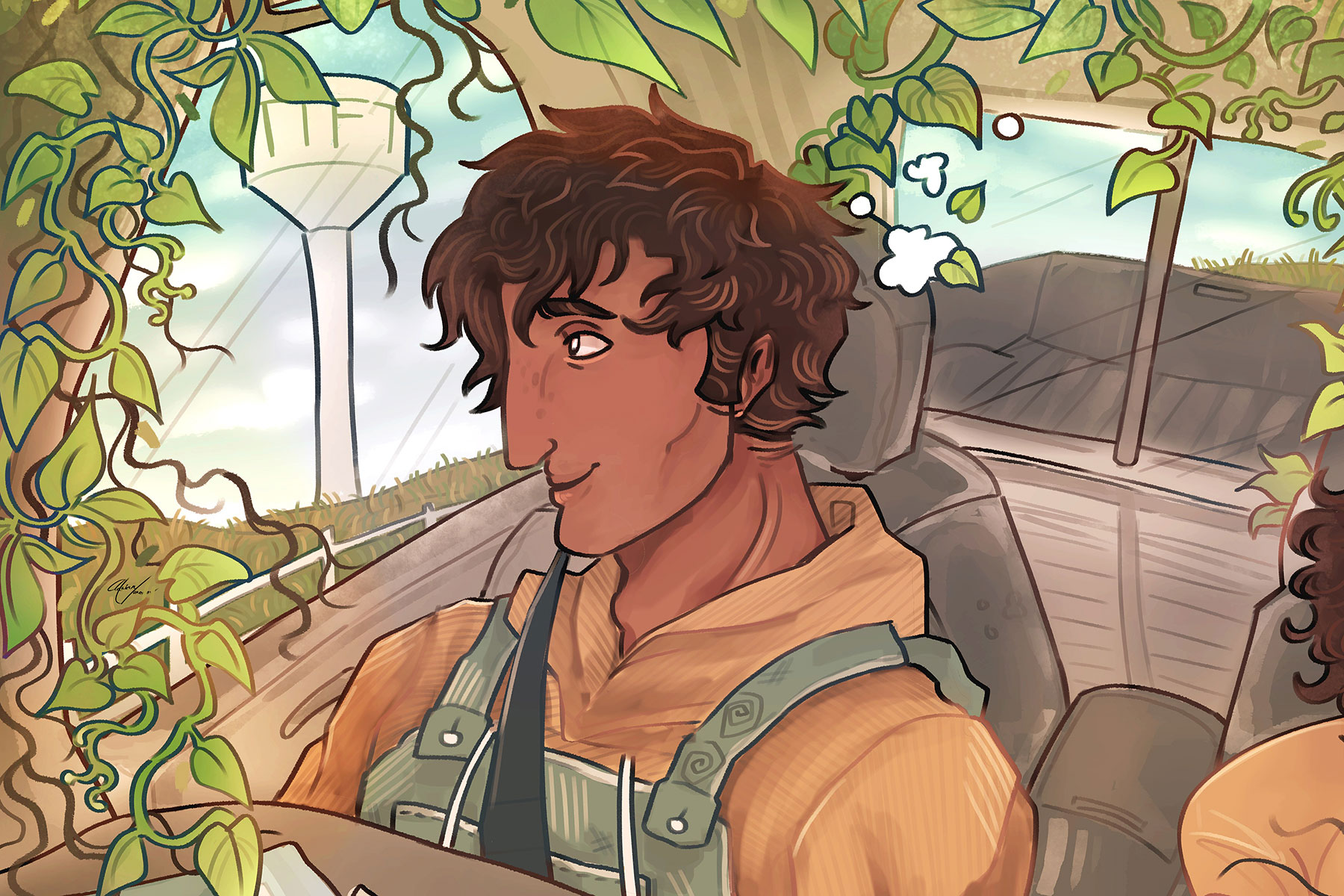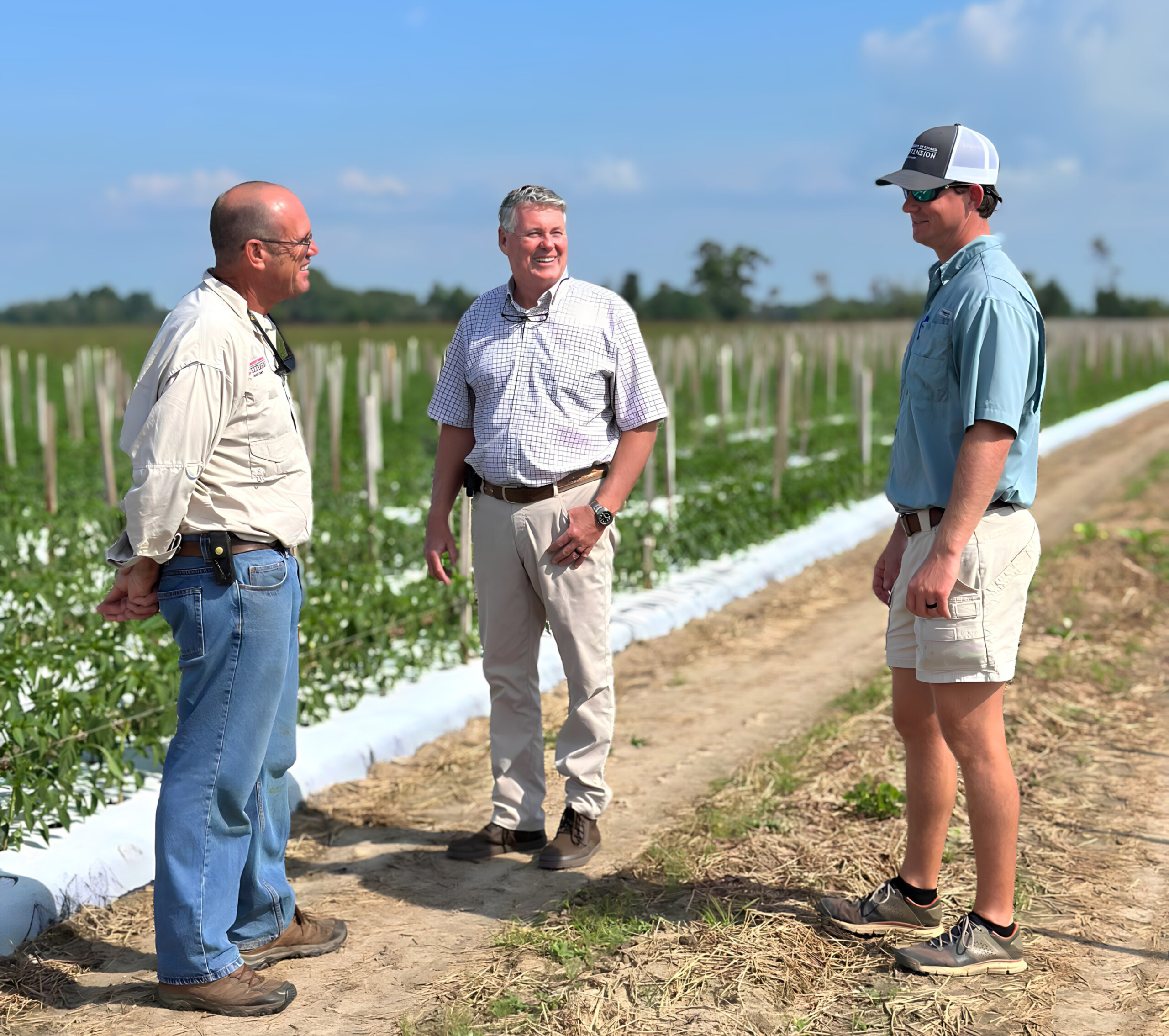Research News
News from the Tifton Campus
Visit the Blog
Tifton Archives | CAES Field Report
 Tifton Archives | CAES Field Report
Tifton Archives | CAES Field Report
 Tifton Archives | CAES Field Report
Tifton Archives | CAES Field Report
 Tifton Archives | CAES Field Report
Tifton Archives | CAES Field Report
 Tifton Archives | CAES Field Report
Tifton Archives | CAES Field Report
 Tifton Archives | CAES Field Report
Tifton Archives | CAES Field Report

Posted by Emily Cabrera on Nov 20, 2025
Staying local, going far: How CAES builds agricultural careers in rural Georgia

Posted by The Office of Marketing and Communications on Oct 15, 2025
UGA’s Precision Horticulture Lab: Transforming farm operations with drone technology

Posted by Emily Cabrera on Oct 8, 2025
Grower Kent Hamilton selected as 2025 Georgia Farmer of the Year

Posted by Emily Cabrera on Oct 2, 2025
Field to fabric: UGA researchers innovate to secure the future of Southern cotton

Posted by Emily Cabrera on Sep 24, 2025
After the storm: Georgia farmers push for policy reform in the wake of Hurricane Helene

Posted by Lillian Sosbee on Sep 3, 2025
Singh named CAES associate dean for graduate studies, faculty affairs and strategic initiatives

